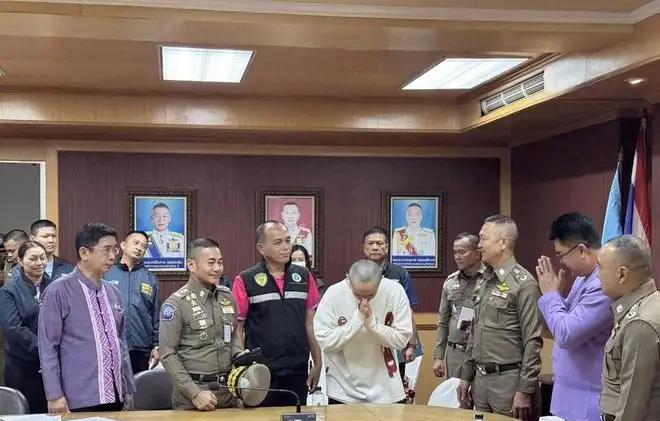Human Trafficking in Southeast Asia: Lessons from the Wang Xing Case
Wang Xing, a Chinese actor, was trafficked to multiple scam parks in Myanmar after being lured by false job opportunities. The case led to increased attention on human trafficking operations in the region and prompted coordinated action between Chinese and Thai authorities.

The recent case of Chinese actor Wang Xing has shed light on the alarming scale of human trafficking operations in Southeast Asia. On December 29, 2024, Wang was deceived by a fraudulent film shooting opportunity in Bangkok, Thailand. Upon arrival at Bangkok airport on January 3, 2025, he was trafficked across the Thai-Myanmar border to multiple scam compounds in Myanmar’s Myawaddy region.
The trafficking operation followed a sophisticated pattern. Criminals first posted fake high-paying job advertisements in WeChat groups targeting Chinese citizens. After establishing contact, they would arrange travel logistics including flights and accommodation to create an appearance of legitimacy. Once victims arrived in Thailand, they were transported across the border into Myanmar where they were sold between different criminal compounds.
Inside these compounds, victims were subjected to severe human rights violations. Wang described being forced to shave his head, undergo training in scam scripts, and face physical confinement with no freedom of movement. The compounds operated as modern-day slave camps where victims were compelled to perpetrate phone and internet scams under threats of violence.
Through coordinated efforts between Chinese and Thai law enforcement, Wang and several other victims were eventually rescued. Thai police arrested 12 suspects connected to the trafficking ring. However, this represents only a small portion of a much larger criminal enterprise operating in the border regions.
This case highlights several critical lessons:
First, criminal syndicates have evolved from purely scam operations to sophisticated human trafficking networks that prey on legitimate job seekers. The promise of high salaries and professional opportunities serves as an effective lure.
Second, there is clear evidence of transnational organized crime groups operating with some level of impunity in the border regions between Thailand and Myanmar. This suggests the need for stronger international law enforcement cooperation.
Third, increased public awareness and vigilance are essential. Chinese authorities have warned citizens to be extremely cautious about overseas job offers, especially those promising unusually high compensation or requiring travel to border regions.
The Wang Xing case has helped expose these criminal operations and catalyzed action from authorities. However, estimates suggest tens of thousands of victims remain trapped in similar compounds across Southeast Asia. Addressing this crisis will require sustained multinational effort and cooperation between law enforcement agencies, governments, and civil society organizations.
The traffickers' transition from scam operations to human trafficking marks a disturbing escalation that demands a proportionate response from the international community. Only through coordinated action can this modern form of slavery be effectively combated.